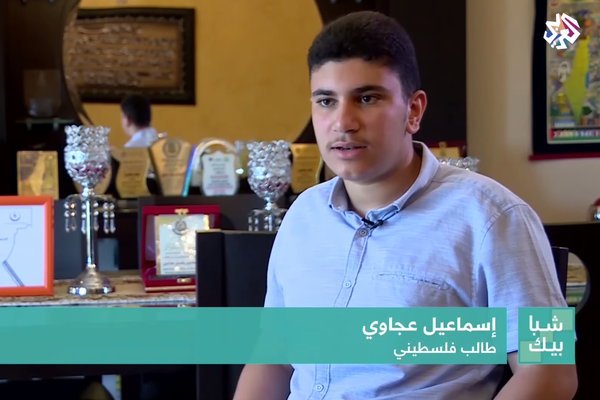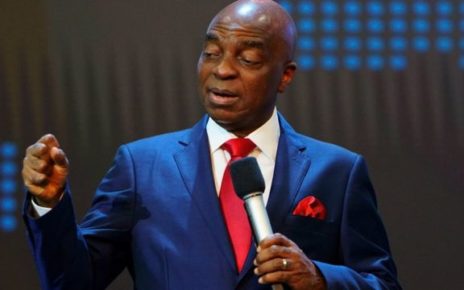Harvard – Ismail Ajjawi, 17, a Palestinian from Lebanon, said he was denied entry after a customs agent took issue with posts written by others
A Palestinian student from Lebanon who was set to begin his freshman year at Harvard was denied entry to the United States after immigration officials objected to his friends’ social media posts, he said this week, prompting furor among free-speech advocates.
The student, Ismail B. Ajjawi, 17, landed at Logan International Airport in Boston on Friday, and was turned back by a Customs and Border Protection agent, according to an account he gave The Harvard Crimson, a student newspaper.
Mr. Ajjawi, a resident of Tyre, Lebanon, said in the account that his phone and laptop were searched and that he was questioned at the airport about his friends’ social media activity. He wrote that an agent had yelled at him and “said she found people posting political points of view that oppose the U.S. on my friend list.”
He told the agent that he should not be held responsible for others’ posts, the statement said.
“I responded that I have no business with such posts and that I didn’t like, share or comment on them and told her that I shouldn’t be held responsible for what others post,” he wrote.
He added, “I have no single post on my timeline discussing politics.”
Mr. Ajjawi told The Crimson that his visa was then canceled and that he was sent back to Lebanon. Classes at Harvard are set to begin Sept. 3.
Michael S. McCarthy, a spokesman for Customs and Border Protection, said he could not comment on the specifics of Mr. Ajjawi’s case because of privacy rules.
“This individual was deemed inadmissible to the United States based on information discovered during the CBP inspection,” the agency said in a statement.
The statement noted that foreign visitors must “demonstrate they are admissible into the U.S. by overcoming all grounds of inadmissibility including health-related grounds, criminality, security reasons, public charge, labor certification, illegal entrants and immigration violations, documentation requirements, and miscellaneous grounds.”
Mr. McCarthy noted that Mr. Ajjawi could reapply for a visa.
Reached through an intermediary, Mr. Ajjawi declined to comment and referred questions about his case to his lawyer, Albert Mokhiber. Mr. Mokhiber did not immediately respond to requests for comment on Tuesday.
Read Also – Innovate 1 Pay – Popular Nigerian Payment Gateway Expands To Dubai




